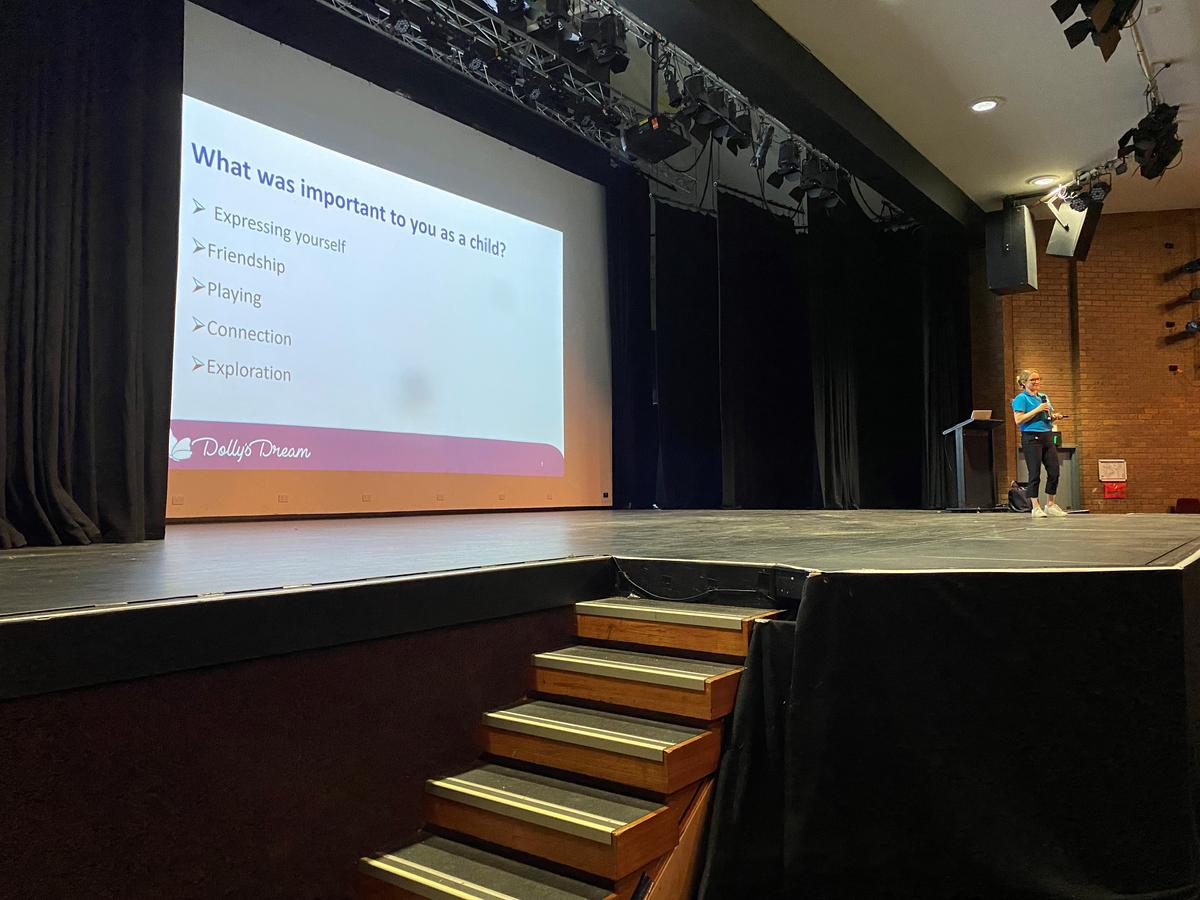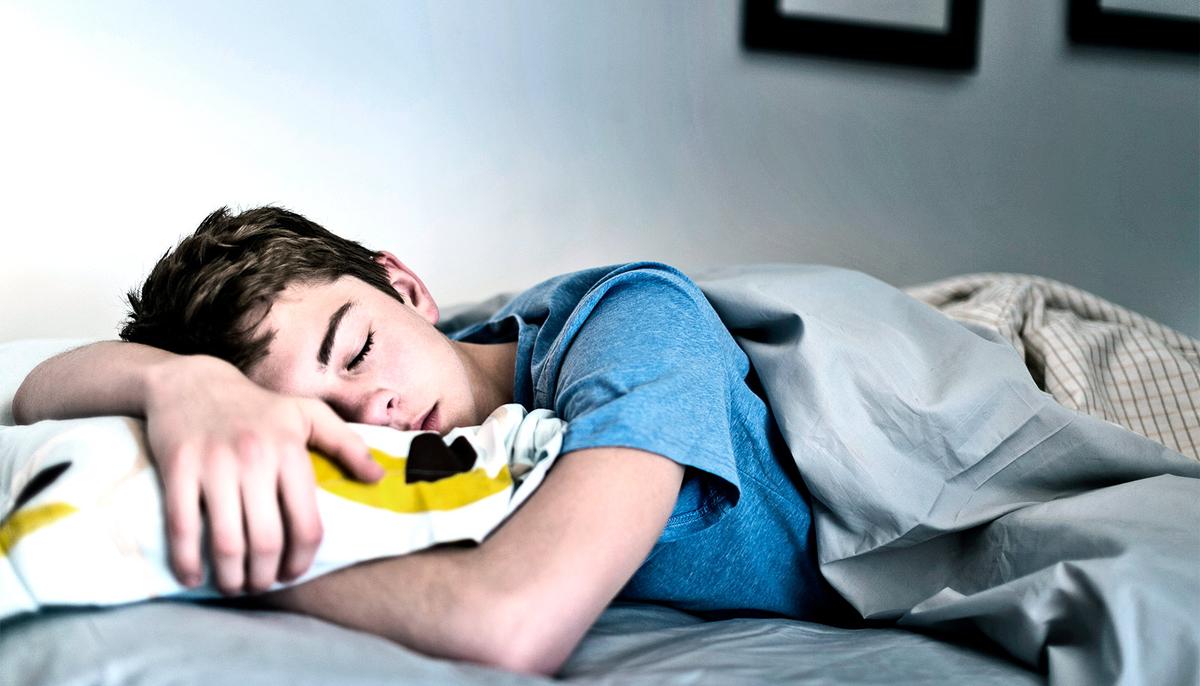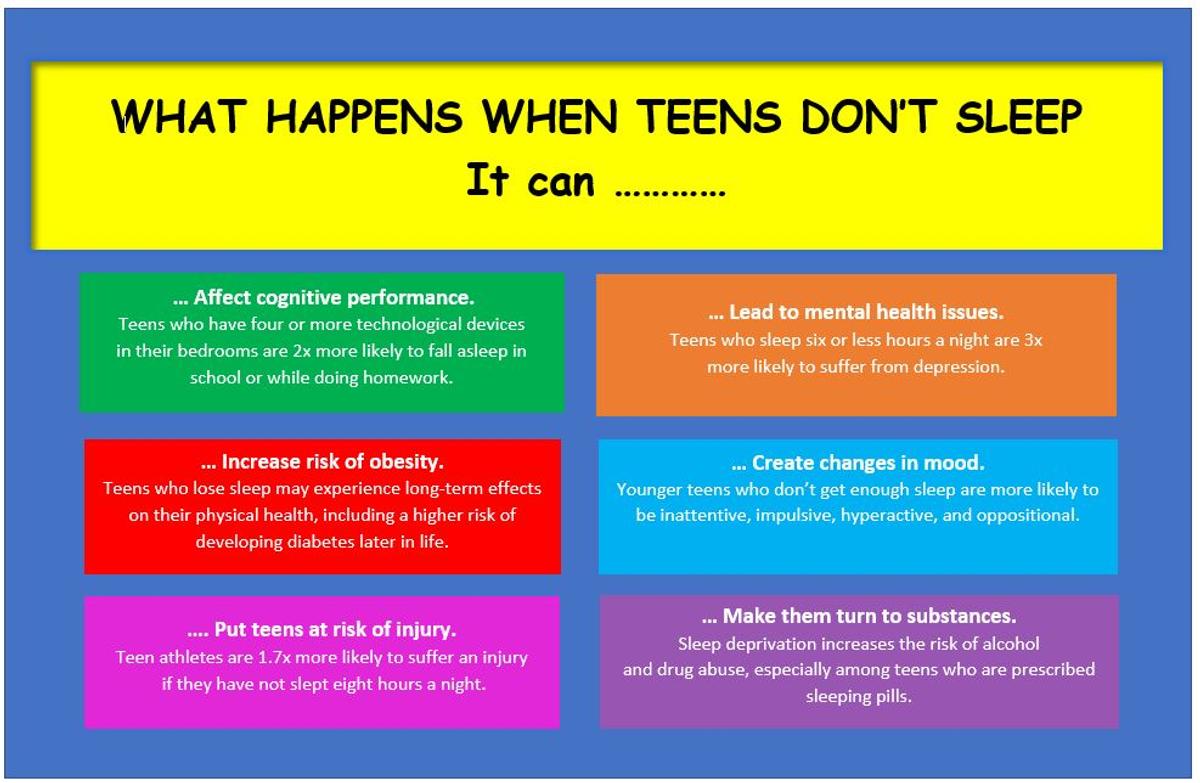Wellbeing

ANXIETY
Anxiety is the feeling of worry, apprehension or dread that something bad is going to happen or that you can’t cope with a situation. It’s also the physical reactions that go with the feeling, like ‘butterflies in the stomach’, tension, shakiness, nausea and sweatiness. It’s behaviour like avoiding what’s causing the anxiety or wanting a lot of reassurance. Anxiety can happen in response to a specific situation or event, but it continues after the situation has passed. It can happen without a specific situation or event too. Anxiety is a common and natural part of life. Everyone feels anxious sometimes. Anxiety is very common in the pre-teen and teenage years. This is because adolescence is a time of emotional, physical and social change, which is happening at the same time as teenage brains are changing.
Teenagers are seeking new experiences and more independence. It’s natural for teenagers to feel anxious about these changes, opportunities and challenges. For example, teenagers might feel anxious about starting secondary school, looking a particular way, fitting in with friends, performing in plays at school or going to school formals. Also, as their independence increases, teenagers might feel anxious about responsibilities, money and employment. Anxiety in teenagers isn’t always a bad thing. Feeling anxious can help to keep teenagers safe by getting them to think about the situation they’re in. It can also motivate them to do their best. And it can help them get ready for challenging situations like public speaking or sporting events.
HELPING PRE-TEENS AND TEENAGERS MANAGE ANXIOUS FEELINGS
Learning to manage anxiety is an important life skill, which you can help your child learn. Here are some ideas.
Encourage your child to talk about anxieties
Just talking about the things that make them anxious can reduce the amount of anxiety your child feels. Talking and listening also helps you understand what’s going on for your child. And when you understand, you’re better able to help your child manage anxieties or find solutions to problems.
Acknowledge your child’s feelings
Your child’s anxiety is real, even if the thing they feel anxious about is unlikely to happen. This means it’s important to acknowledge your child’s anxiety and tell them you’re confident they can handle it. This is better than telling them not to worry. For example, if your child is anxious about whether they’ll pass an exam, let them know you understand how they feel but you’re sure they’ll do their best. When you acknowledge your child’s feelings with warmth and compassion, it helps your child to use self-compassion in challenging situations too.
Encourage brave behaviour
This involves gently encouraging your child to set small goals for things they feel anxious about. Just avoid pushing your child to face situations they don’t feel ready to face. For example, your child might be anxious about performing in front of others. As a first step, you could suggest your child practises their lines in front of the family. You can help your child behave bravely by encouraging them to use:
• positive self-talk – for example, ‘I can handle this. I’ve been in situations like this before’
• self-compassion – for example, ‘It’s OK if I do this differently from other people. This way works for me’
• assertiveness – for example, ‘I need some help with this project’.
It’s also good to praise your child for doing something they feel anxious about,
no matter how small it is.
HELPING PRE-TEENS AND TEENAGERS FEEL SAFE AND SECURE
When pre-teens and teenagers feel safe and secure, they’re better able to cope with the everyday challenges and anxiety of adolescence. You can help your child feel safe and secure by:
• spending time with your child – for example, preparing dinner or going to see a movie together
• having a family routine that includes time for some family meals, plus other family rituals
• making time in your family routine for things that your child finds relaxing, like listening to music, reading books or going for walks
• spending time with people your child likes, trusts and feels comfortable around.
ENCOURAGING PRE-TEENS AND TEENAGERS TO MAKE HEALTHY CHOICES
Healthy lifestyle choices can often help your child handle anxiety. For example, going for a walk instead of sitting at home worrying can help to clear your child’s mind. Here are some healthy choices that can help your child with everyday anxiety:
• Get plenty of physical activity, sleep and healthy food and drink.
• Avoid caffeine, alcohol and other drugs.
• Avoid unnecessary stress by not putting things off or being late.
• Do breathing exercises, muscle relaxation exercises or mindfulness exercises.
WHEN TO BE CONCERNED ABOUT ANXIETY
If you’re concerned about your child’s anxiety, it’s a good idea to seek professional help. You might consider seeing your GP or another health professional if your child:
• constantly feels nervous, anxious or on edge, or can’t stop or control worrying
• has anxious feelings that go on for weeks, months or even longer
• has anxious feelings that interfere with their schoolwork, socialising and everyday activities.
When anxiety is severe and long lasting, it might be an anxiety disorder. Anxiety disorders usually respond very well to professional treatment. And the earlier anxiety disorders are treated, the less likely they are to affect young people’s mental health and development in the long term.
PROFESSIONAL HELP FOR ANXIETY
You can get professional help for your child’s anxiety from:
• a school counsellor
• a psychologist or counsellor with training in child and adolescent mental health
• a GP
• your local community health centre
• local mental health services.
If you don’t know where to go, your GP can guide you to the most appropriate
services for your family.
About Dolly's Dream
Dolly’s Dream was created by Kate and Tick Everett following the shattering loss of their 14-year-old daughter, Dolly, to suicide, after ongoing bullying. Kate and Tick’s goal is to prevent other families walking this road. They want to change the culture of bullying by addressing the impact of bullying, anxiety, depression and youth suicide, through education and direct support to young people and families.
This week, members from Dolly’s Dream visited our College to host cyber safety sessions to our Year 8 students. Tailored to adolescents, the sessions provided an overview on
The 3 Rs of Online Etiquette including key cyber safety topics and protective factors.
The 3 Rs – Reputation, Respect and Reflect ensure consistent approaches to keeping safe online. The intended outcome of the sessions is for students to:
- Understand the impact of bullying, including the subtleties of varying types of cyber bullying.
- Develop critical reasoning skills around what is safe to share and with whom, and how to respect themselves and others.
- Learn how to consider their digital footprint and understand how a negative footprint can impact the present and the future
A Parent Information Night was also held at the Forge Theatre attended by approx 50 people.
Dolly's Dream Support Line
Dolly’s Dream offers a free support line for people who need it most. No referral is needed, and the line is open to anyone who needs support. Call or text 0488 881 033 (6.00 am-10.00 pm Monday to Friday) to get started.
TEENAGERS AND SLEEP
Some of the reasons why many teenagers regularly do not get enough sleep include:
- HORMONAL TIME SHIFT - puberty hormones shift the teenager’s body clock forward by about one or two hours, making them sleepier one to two hours later. Yet, while the teenager falls asleep later, early school starts don’t allow them to sleep in. This nightly ‘sleep debt’ leads to chronic sleep deprivation
- USING SCREEN-BASED DEVICES – smart phones and other devices used around bed time reduce sleep time. Teens who put down their smart-phones an hour before bed gain an extra 21 minutes sleep a night, (that's one hour and 45 minutes over the school week) according to a study by Vic Health and the Sleep Health Foundation
- HECTIC AFTER-SCHOOL SCHEDULE – homework, sport, part-time work and social commitments can cut into a teenager’s sleeping time
- LEISURE ACTIVITIES – the lure of stimulating entertainment such as television, the internet and computer gaming can keep a teenager out of bed.
- LIGHT EXPOSURE – light cues the brain to stay awake. In the evening, lights from televisions, mobile phones and computers can prevent adequate production of melatonin, the brain chemical (neurotransmitter) responsible for sleep
- VICIOUS CIRCLE – insufficient sleep causes a teenager’s brain to become more active. An over-aroused brain is less able to fall asleep.
- SLEEP DISORDER – sleep disorders, such as restless legs syndrome or sleep apnoea, can affect how much sleep a teenager gets.
PREVENTING SLEEP DEPRIVATION IN TEENAGERS – TIPS FOR PARENTS
Try not to argue with your teenager about bedtime. Instead, discuss the issue with them. Together, brainstorm ways to increase their nightly quota of sleep. Suggestions include:
- Allow your child to sleep in on the weekends.
- Encourage an early night every Sunday. A late night on Sunday followed by an early Monday morning will make your child drowsy for the start of the school week.
- Decide together on appropriate time limits for any stimulating activity such as homework or screen time. Encourage restful activities during the evening, such as reading.
- Avoid early morning appointments, classes or training sessions for your child if possible.
- Help your teenager to better schedule their after-school commitments to free up time for rest and sleep.
- Assess your teenager's weekly schedule together and see if they are overcommitted. Help them to trim activities if they are.
- If they have time, encourage your teen to take an afternoon nap after school to help recharge their battery.
- Work together to adjust your teenager’s body clock. You may like to consult with a GP first.
TOP SLEEP TIPS FOR TEENAGERS
The typical teenage brain wants to go to bed late and sleep late the following morning, which is usually hard to manage. You may be able to adjust your body clock but it takes time. Suggestions include:
- Choose a relaxing bedtime routine; for example, have a bath and a hot milky drink before bed, or use meditation or mindfulness activities. Gentle yoga may also help.
- Avoid screens such as computers, TV or smart phones, loud music, homework or any other activity that gets your mind racing for at least an hour before bedtime.
- Avoid stimulants in the evening like coffee, tea, soft drinks and energy drinks.
- Keep your bedroom dark at night. Your brain’s sleep–wake cycle is largely set by light received through the eyes. Try to avoid watching television or using smart phones right before bed. In the morning, expose your eyes to lots of light to help wake up your brain.
- Do the same bedtime routine every night for at least four weeks to make your brain associate this routine with going to sleep.
- Start your bedtime routine a little earlier than usual (for example, 10 minutes) after four weeks. Do this for one week.
- Add an extra 10 minutes every week until you have reached your desired bedtime.
- Get active during the day so you are more physically tired at night.
- Set up a comfortable sleep environment.
- Set up a regular wake-up time.
- Avoid staying up late on the weekends. Late nights will undo your hard work.
- Remember that even 30 minutes of extra sleep each night on a regular basis makes a big difference. However, it may take about six weeks of getting extra sleep before you feel the benefits.





